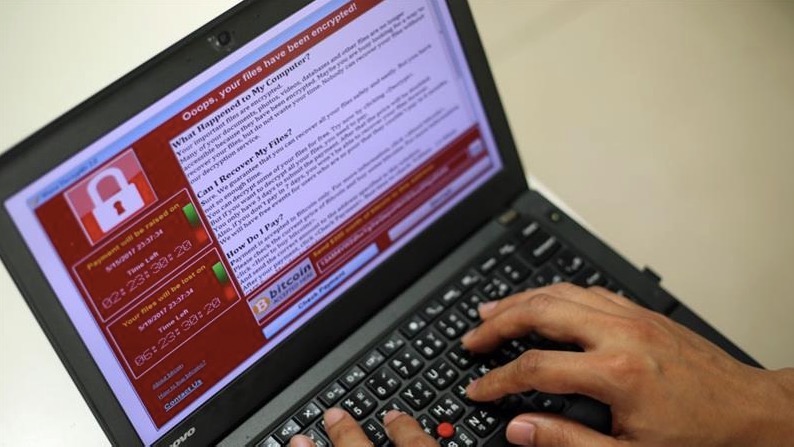NEWPORT — Chief Seth DiSanto and the Newport Police Department are alerting the community about the recent malicious software, or malware, threat that may compromise computer systems or hold files hostage for ransom.
The latter, called ransomware, is the focus of a worldwide criminal investigation after hundreds of thousands of systems running Microsoft Windows were compromised on Friday, May 12, including hospitals, transit stations, and private computers.
The attack, named “WannaCry,” encrypted files on victimized systems and demanded a $300 to $600 payment to unlock the files.
The attack was stopped, but authorities fear that another wave of attacks may be coming this week.
The Newport Police Department offers the following tips to help prevent infection on your computers and devices:
• Restart your Computer. This sounds like Technical Support 101, but it’s an extremely important step. Restarting a Windows PC often allows it to install the latest security patches and updates. Be sure to select the “Update and Restart Option” if possible.
• Do not Open Suspicious Attachments or Click Suspicious Links. Attacks come in a variety of shapes and sizes, and if someone you know falls victim to an attack, the malware may use their computer and email address book to send you a malicious file or link. Often, people think they are receiving an email from a friend or relative, and their computers get infected.
• Change Your Passwords. If you have been using the same password for years, it’s time for an update. “Strong” passwords use a mix of capital and lowercase letters with numbers and symbols thrown in. Never use a single word as your password.
• Use Reputable Antivirus Programs. While no security software can absolutely prevent all attacks on its own, there are reputable free and paid software programs out there that can help you, and there are some that may make problems worse. Do your research and use a program that will help you. PC Magazine offers advice on the best free and paid antivirus programs, and the well-regarded tech news source Tom’s Guide offers its own advice.
• Got Popups? Learn the Keyboard Shortcut. Malicious software often makes its way onto a computer when a user clicks on a popup window. These windows are often designed to be difficult to close or to trick you into clicking the wrong place. The solution is not to click anywhere. If you have a popup, hold the ALT key and press F4 on your computer keyboard to close the active window. Repeat as necessary.
The current strain of malware attacks is so vicious that Microsoft has even released updates for older versions of the Windows operating system, including Windows XP, which it stopped issuing updates for in 2014.
If you become infected, the Police Department does not recommend that you pay the criminals responsible for the cyber attack. Instead, download the correct patch or contact a reputable information technology provider for assistance.


